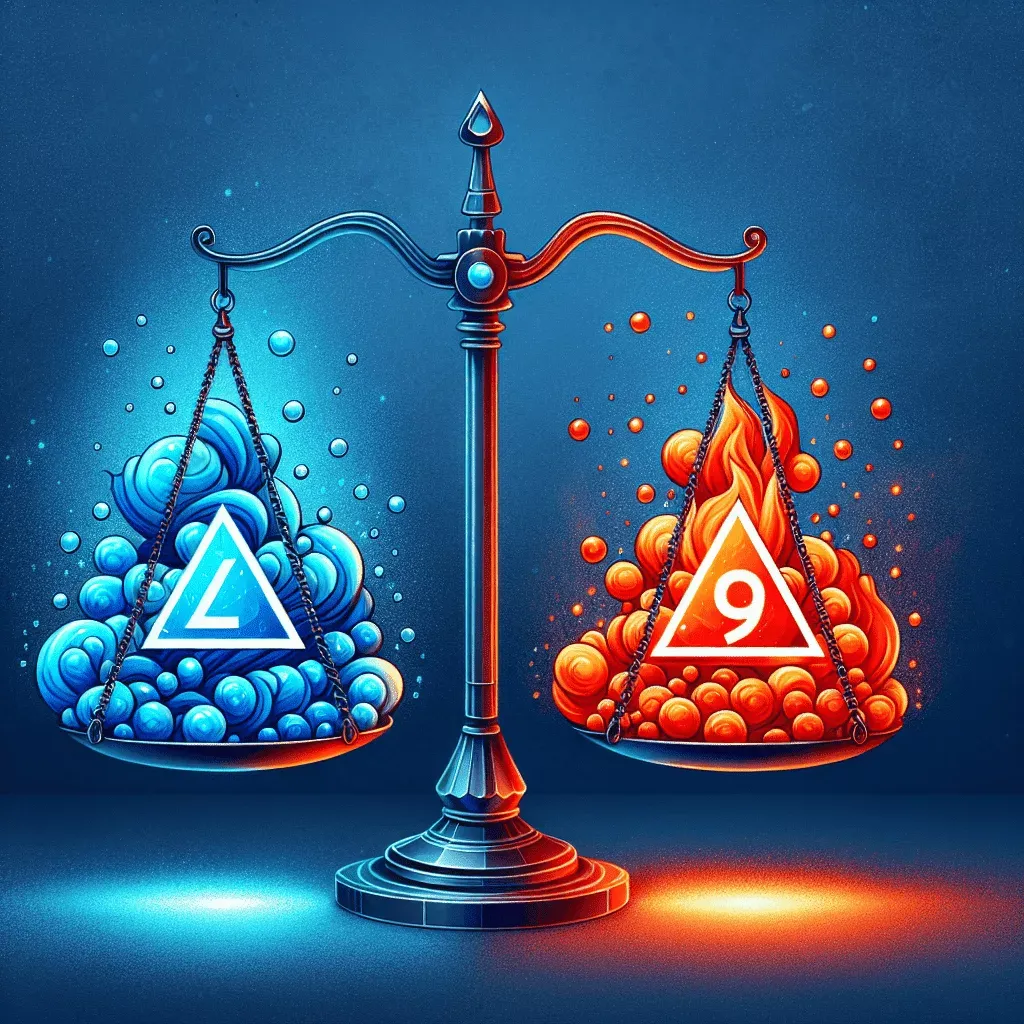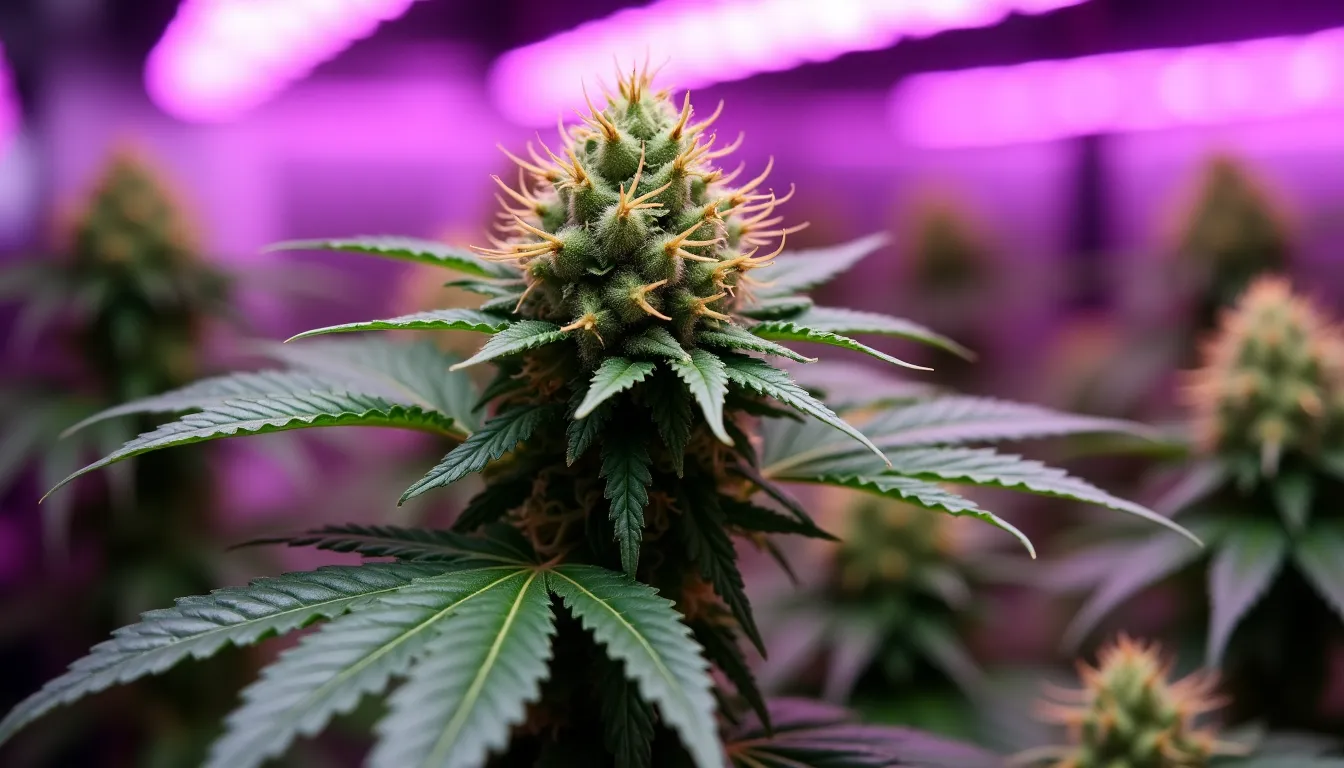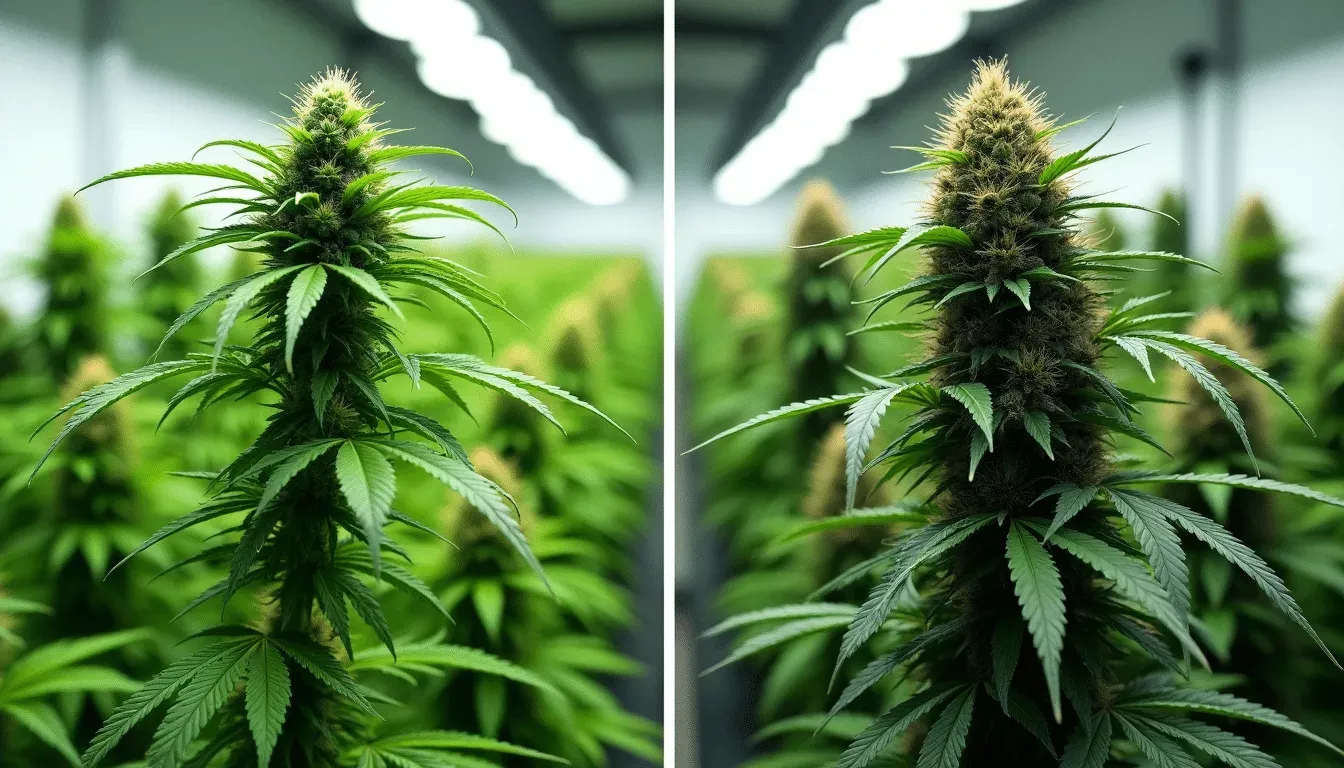Delta-8 vs Delta-9: Similarities and differences
In recent years, the world of cannabis has expanded beyond recognition, delving deeper into the complex intricacies of cannabinoids. With Delta-9 THC’s reputation firmly established as the primary psychoactive compound found in cannabis, enter Delta-8 THC, its molecular cousin that’s been gaining attention. Why is there so much buzz around Delta-8, and how does it stand against its more famous counterpart? This article dives into the similarities and distinct differences between Delta-8 and Delta-9 THC, offering a comprehensive guide to help you understand what could be the next big thing in cannabis.
Understanding Delta-8 and Delta-9 THC
Both Delta-8 and Delta-9 are forms of tetrahydrocannabinol (THC), the compound responsible for the psychoactive effects commonly associated with cannabis. To the untrained eye, these cannabinoids might appear almost identical, but the subtle differences between them dramatically influence their effects and legality.
Delta-9 THC is the most well-known form of THC and is the main psychoactive component found in marijuana. It binds effectively with the CB1 receptors in the brain, leading to the characteristic ‘high’. Most cannabis strains contain significant amounts of Delta-9, making it relatively easy to extract and concentrate.
On the other hand, Delta-8 THC is a minor cannabinoid, typically found in trace amounts in cannabis plants. Its molecular structure is slightly different from Delta-9, with the double bond located at the eighth carbon chain instead of the ninth. While this difference might seem trivial, it’s crucial in defining the cannabinoid’s distinctive properties.
Interestingly, Delta-8 is often derived from hemp, thanks to the 2018 Farm Bill that legalized hemp products, setting a precedent for the production and sale of Delta-8 THC, albeit in a somewhat gray area of the law. This has led to increased curiosity about its potential benefits and uses.
Benefits and Uses of Delta-8 and Delta-9 THC
Both Delta-8 and Delta-9 THC boast potential therapeutic benefits, making them the center of extensive research and conversation in the health and wellness sectors. However, they offer distinct experiences due to their differing psychoactive profiles.
Delta-9 THC: With Delta-9 THC, the effects are more pronounced. It’s renowned for its potent psychoactive profile, leading to euphoria, heightened sensory perception, and sometimes even paranoia or anxiety in higher doses. Beyond recreational use, Delta-9 has well-documented benefits, including pain relief, appetite stimulation, nausea reduction, and anti-inflammatory properties. According to a study published in the Journal of the American Medical Association, THC can substantially improve the quality of life for those undergoing treatments like chemotherapy.
Delta-8 THC: Seen as a milder sibling to Delta-9, Delta-8 offers smoother, less intensive psychoactive effects, often described as producing a calm or relaxed high. It provides similar therapeutic benefits without some of the intense side effects like anxiety and paranoia. Users often turn to Delta-8 for its anxiolytic properties, its ability to stimulate appetite, and its potential use in pain reduction. Anecdotal evidence suggests its efficacy in providing a clear-headed high that allows for better focus.
The market for Delta-8 THC products has proliferated with offerings like gummies, tinctures, and vaporizers, making it accessible for both recreational purposes and individual well-being. With the added allure of a more legally accessible status in certain jurisdictions, it’s no surprise that Delta-8 is becoming a popular alternative for those seeking a milder experience.
Choosing the Right Cannabinoid: Tips and Considerations
Given the choice between Delta-8 and Delta-9 THC, how does one decide which is more suitable? Here are some key considerations to keep in mind:
- Experience Level: If you’re a novice to THC, Delta-8 might be a gentler introduction, allowing you to gauge your tolerance without overwhelming side effects.
- Psychoactivity Tolerance: Consider your comfort with the intensity of the high. Those susceptible to THC-induced anxiety may prefer Delta-8’s milder psychoactivity.
- Legal Factors: Always confirm the legal status of both Delta-8 and Delta-9 in your area. While Delta-9 remains federally illegal in many regions, Delta-8’s status can vary by state, especially in the United States.
- Health Goals: Reflect on your reasons for using cannabinoids. Are you seeking relief from chronic pain, appetite stimulation, or simple relaxation? Align your choice with your personal wellness goals.
- Quality and Source: As the market for Delta-8 grows, ensuring product quality is crucial. Look for products that have been lab-tested for purity and potency, derived from reputable manufacturers.
For individuals keen on exploring Delta-8 or Delta-9 THC, consulting healthcare providers before starting is advisable. It ensures that cannabinoid use aligns well with any existing health conditions or medications, maximizing benefits while minimizing risks.
Conclusion: Navigating the Cannabinoid Landscape
The exploration of cannabinoids like Delta-8 and Delta-9 THC is reflective of an evolved understanding of cannabis. Whether you’re seeking intense psychoactive effects or a more balanced experience, both cannabinoids offer unique benefits that cater to diverse preferences and needs. As research progresses, the distinction between these compounds becomes clearer, empowering consumers with choices that resonate with their personal and health aspirations.
The journey into the world of THC doesn’t end here. Embrace the opportunity to delve deeper, engage with communities, and share your insights and experiences. Whether through online forums, reading more about cannabinoid studies, or consulting with healthcare professionals, your continued exploration will enrich your understanding and experience. Ready to take the next step? Check out related resources like Project CBD for more on the vast array of cannabinoids.
By formatting the article in HTML, you have a clear structure that will enhance the readability and presentation of your content online.
FAQ: Delta-8 vs Delta-9 – Similarities and Differences
What are the main chemical differences between Delta-8 and Delta-9 THC?
Delta-8 and Delta-9 THC are both cannabinoids found in cannabis, but they differ in their molecular structure. Delta-8 has a double bond on the eighth carbon chain, while Delta-9 has it on the ninth carbon chain.
How do the effects of Delta-8 compare to Delta-9?
Delta-8 THC generally produces milder psychoactive effects compared to Delta-9 THC, often described as more clear-headed and less anxiety-inducing.
Are Delta-8 and Delta-9 both legal?
Delta-9 THC is illegal federally and in many states, though some states allow it for medical or recreational use. Delta-8’s legal status is complex; it’s often derived from hemp and can be legal in some areas but banned in others.
Can Delta-8 and Delta-9 be found naturally in cannabis plants?
Yes, both Delta-8 and Delta-9 THC occur naturally in cannabis plants, but Delta-8 is typically found in much lower concentrations than Delta-9.
Are there significant health risks associated with Delta-8 compared to Delta-9?
Research on Delta-8 THC’s health effects is limited, but it’s generally considered to be less potent. Like Delta-9, excessive use could potentially lead to health issues, particularly around cognition and mental health.
Share this content:



